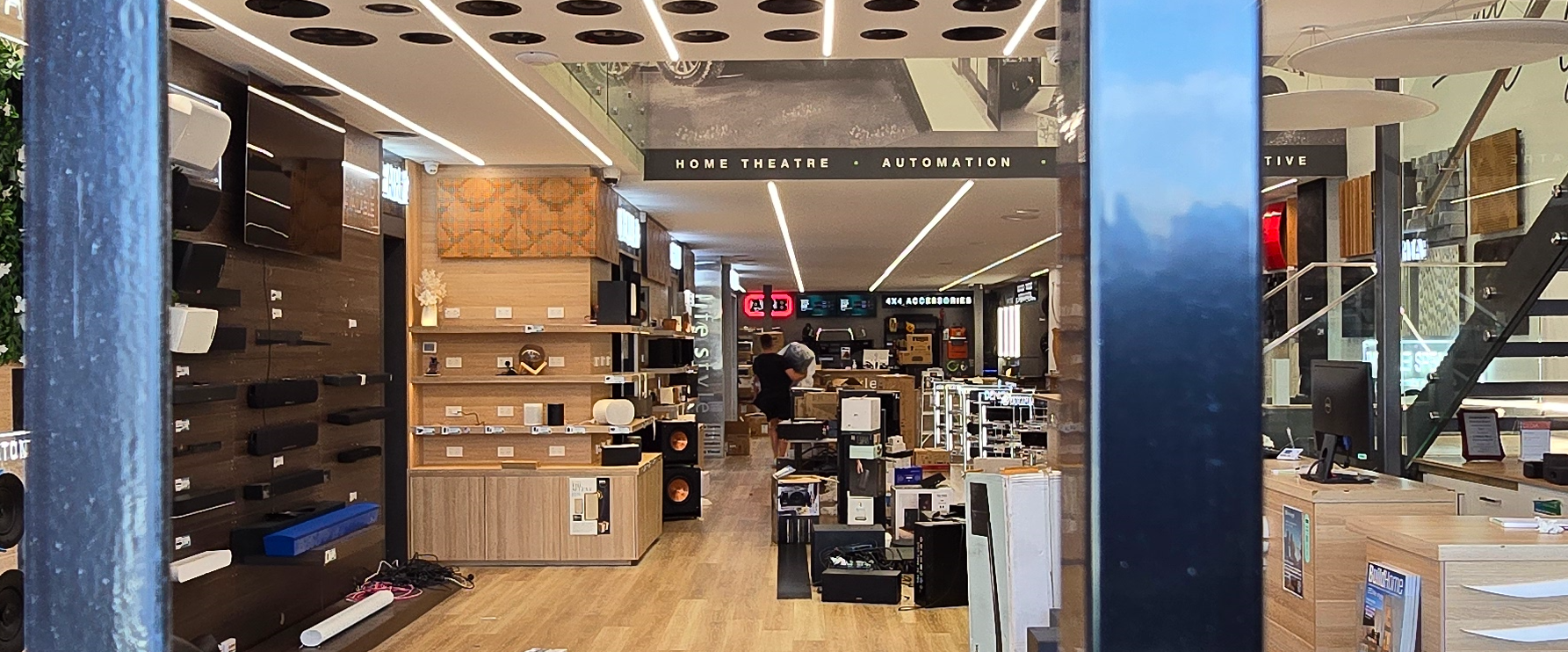The market for mobile games is set to decline in 2023 for the first time in a decade, since the beginning of the smartphone era, after being hit by rising advertising costs, a drop in consumer spending, and the end of the pandemic’s boost to player engagement.
Mobile games started with Nokia’s ‘Snake’ in the late 1990’s, however the arrival of Apple’s App Store in 2008 brought forward over a decade of growth, turning it into a $100 billion market accounting for half the gaming industry’s overall revenues.
Revenues are expected to drop 6.4% to $92.2 billion this year, which is a massive reversal from the 7.3% growth from last year, and the 25.6% rise in 2020 when lockdowns increased consumer’s desire for virtual entertainment.
A research group, Ampere Analysis, reduced its yearly forecast to 6.4%/$6 billion less than 2021, driven by weakness in the US, China, and Japan (the world’s largest gaming markets).
Insiders report some top games have seen income from in-app purchases drop by as much as 15-20%.
The entire industry saw a slowdown this year, which followed a surge in demand and profits during the pandemic. This, along with supply chain issues have held back sales of the PS5.

‘Grand Theft Auto’ publisher Take-Two Interactive blamed “current macroeconomic conditions” for putting in-app purchases “under some pressure” when reporting its latest quarterly earnings in November.
Video games have remained resilient during previous recessions, however this downturn is the first making free-to-play mobile games the dominant income source within the industry. Some executives are even questioning whether cash-strapped consumers will keep investing, while so many free games are available.
Co-Founder and Chief Executive of Dream Games, who created ‘Royal Match,’ Soner Aydemir said “This is an affordable form of entertainment. It’s like a TV series,” reporting players usually spend 40-50 minutes a day on ‘Royal Match.’
This downturn has also already hit the wider digital economy, as gaming became one of the largest sources of revenue for mobile app stores and digital advertising platforms. It accounted for tens of billions of dollars’ worth of sales commissions and marketing spend.
Meta, Google, and Apple have blamed the slowdown in gaming for the drag in their recent quarterly sales, and some mobile gaming companies who benefited during the pandemic, have now been forced to make changes to adapt to the macroeconomic conditions.

French company Voodoo ended up one of the biggest App Store publishers, measured by downloads, riding the trend for “hypercasual” games. These are developed quickly, hard to beat, and fueled by low cost advertising. A 15-20% rise in advertising has made acquiring new players and launching new games harder and more expensive.
Co-Founder and Chief Executive of Voodoo, Alex Yazdi said “We’ve had to change our whole strategy to games that are less hypercasual, to casual and more traditional games.”
Playrix, the creator of ‘Gardenscapes’ and ‘Homescapes’ believes this “crazy period” of start-up funding resulted in a marketing splurge, pricing out game companies. The company also believes trend is easing and the downturn isn’t as bad as it looks.
Instead, executives at the company see a larger problem ahead, the mobile gaming industry maturing and even reaching saturation. They believe established games with a loyal following are dominating the market. “The pace of innovation has slowed down.”
Others in the industry are blaming Apple’s new restrictions on targeted advertising. An iPhone software update last year required developers to get user’s consent to tracking, known as App Tracking Transparency, or ATT. Most people did not opt in.

This ended up wiping billions from advertising revenues at Twitter (X), Snapchat, Facebook, and YouTube last year. The games industry is still grappling. Developers who were thriving on targeting players who were likely to spend big in games, could no longer do so.
Chief Operating Officer at Stillfront, a Swedish online games group, Alexis Bonte said “What has been lost in terms of efficient marketing money you can invest has not been recovered by other channels. Games that don’t have strong intellectual property and were relying on performance marketing, they are struggling.”
10 year old ‘Candy Crush Saga’ however, still remains the top grossing game franchise in US app stores, and has so for 21 quarters straight. Owner Activision Blizzard saw a 20% increase in net booking during the third quarter.
General Manager of ‘Candy Crush,’ Todd Green said “When there are thousands and thousands of games coming out every day, having a strong, reliable brand has always been super valuable for us.”
He claimed the team had done a lot of “detailed craft work for several years” to improve gameplay and keep users, saying he was “very optimistic” about the future of mobile gaming, claiming there are many markets worldwide where smartphone penetration is set to grow majorly.
Most share the hope, however few agree on how soon the recovery will arrive.

Take-Two’s Chief Executive Strauss Zelnick expects “three to six more months of downward pressure. I expect by the end of ‘23, we’ll be in good shape.”
On the other hand, Robert Antokol, co-founder and chief executive of Playtika, known for ‘Slotomania’ and ‘Bingo Blitz,’ believes the recession could last as long as 18 months.
The company even recently revealed it would cut around 600 staff, 15% of employees.
“The market, as you can see, is unpredictable. It’s hard to say next year what will happen precisely. We hope we will grow.”














































